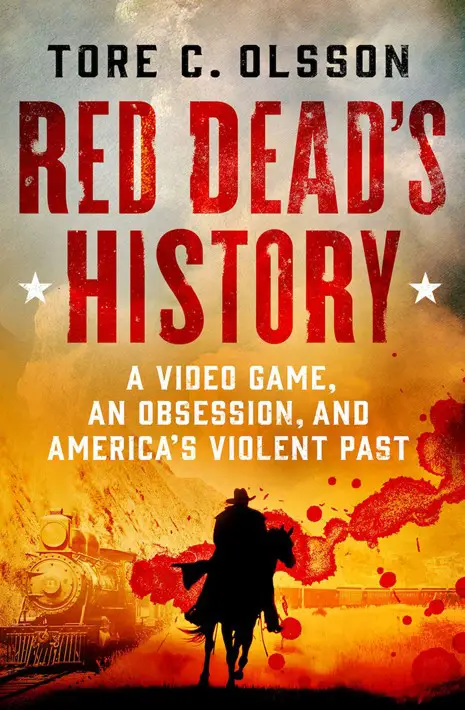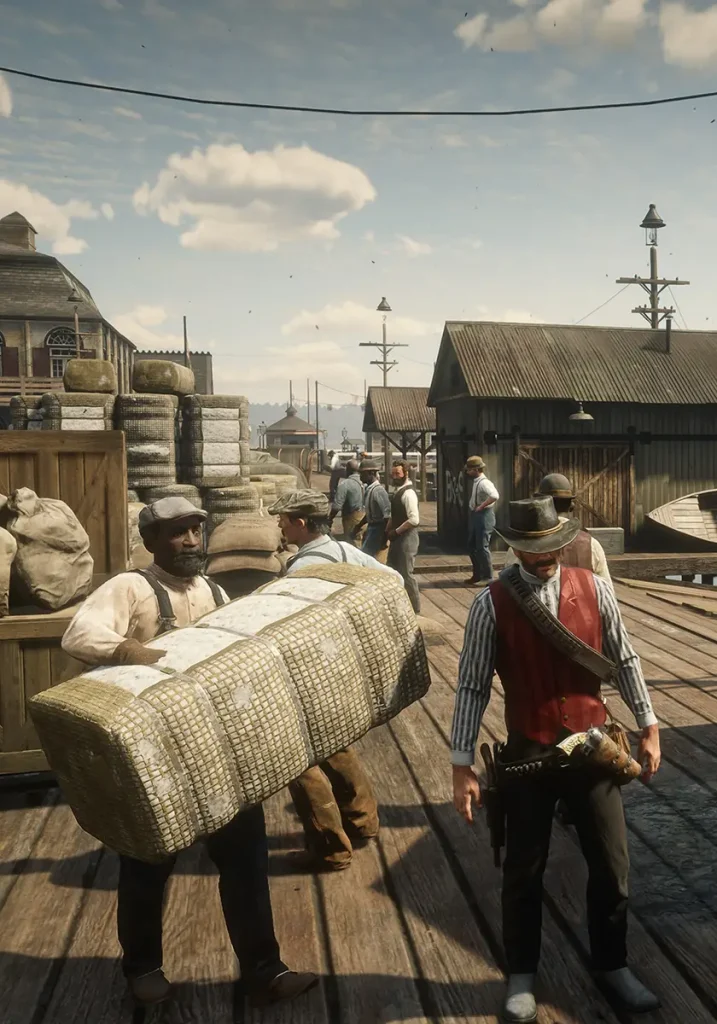‘Red Dead’ Innovation: What Can a Video Game Teach Us About Ourselves and Our History
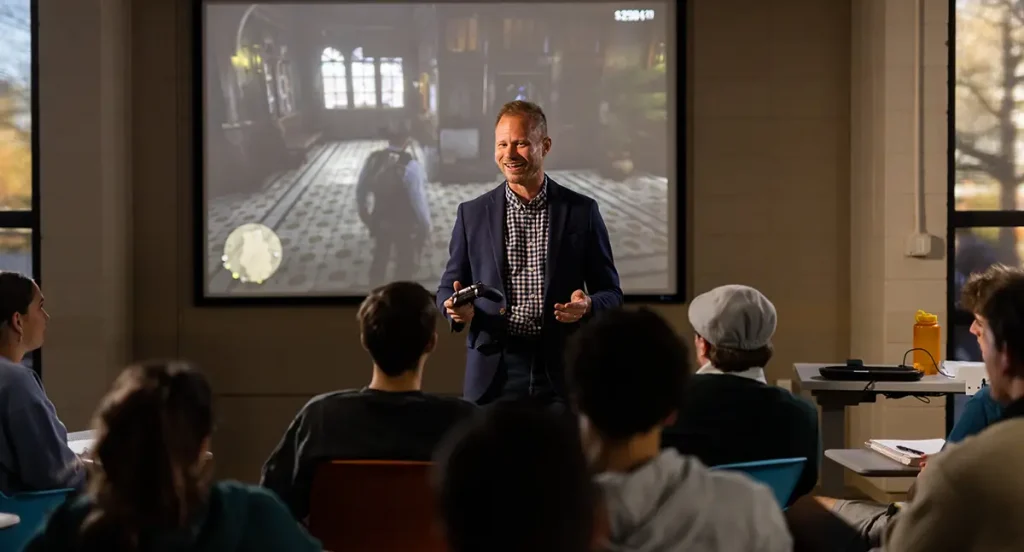
Students in Associate Professor Tore Olsson’s spring 2024 Red Dead History course were already highly engaged in its unique topic: viewing American history through the lens of the popular video game series Red Dead Redemption.
They were in for a surprising new connection, though, when they showed up to class one day expecting a pre-spring-break quiz and group discussion. There was no quiz, and they quickly learned that the group discussion would feature two special experts.
Actors Roger Clark and Rob Wiethoff, who portray the two main characters in the game series—outlaws Arthur Morgan and John Marston, respectively—walked into the room and greeted them in their characters’ voices.
“The class visit day was really one of the most magical days I’ve ever experienced,” said Olsson. “When Roger walked in and gave them a rollicking Arthur Morgan greeting—that was just an unforgettable moment. In front of the students was the character and voice that they had collectively played and listened to for thousands of hours. The classroom just erupted after that.”
Olsson was pleased with the lively and thoughtful Q&A session that occurred once the shock wore off.
“They asked terrific questions about truth-telling in history, what gets lost and gained in historical fictionalization, and career advice for aspiring actors and writers,” he said.
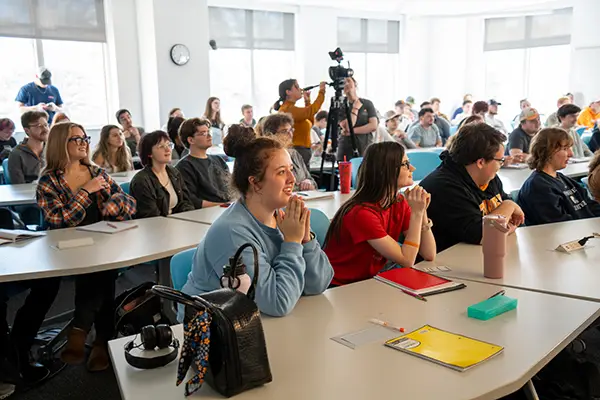
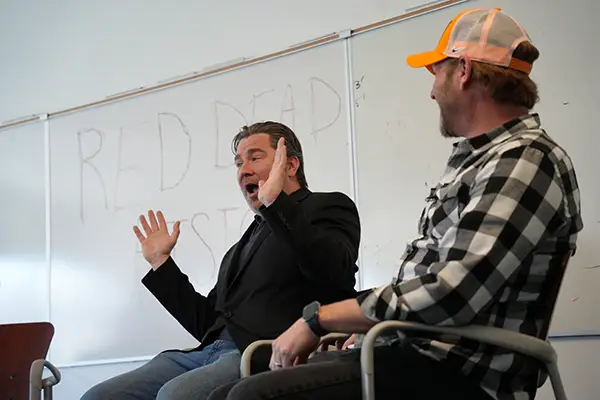
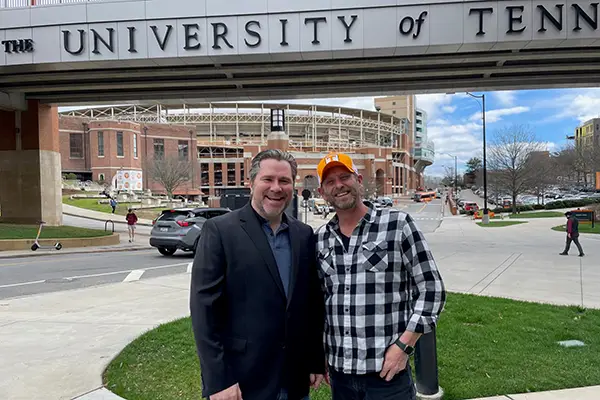
The special day was a high point in a series of high points since Olsson launched his innovative Red Dead History class.
His focus as a historian—the US South, rural history, and transnational history since the Civil War—drew him to play Red Dead Redemption II during pandemic downtime. He realized he could use the wildly popular game to teach real US history.
“One of Olsson’s goals as an instructor has been to meet students where they are in their lives,” said Professor Susan Lawrence, head of the Department of History. “By taking the history depicted in Red Dead Redemption seriously and providing students with ways to contextualize it through professional historians’ work and associated primary sources, Olsson has created a winning combination.”
The wins stacked up from the beginning. The class launched in fall 2021 with 60 students on board—far more than usual for a course of its type. In 2023, Olsson earned a James R. and Nell W. Cunningham Outstanding Teaching Award from the College of Arts and Sciences and published an article about his course in the American Historical Review, the historical profession’s most prestigious journal.
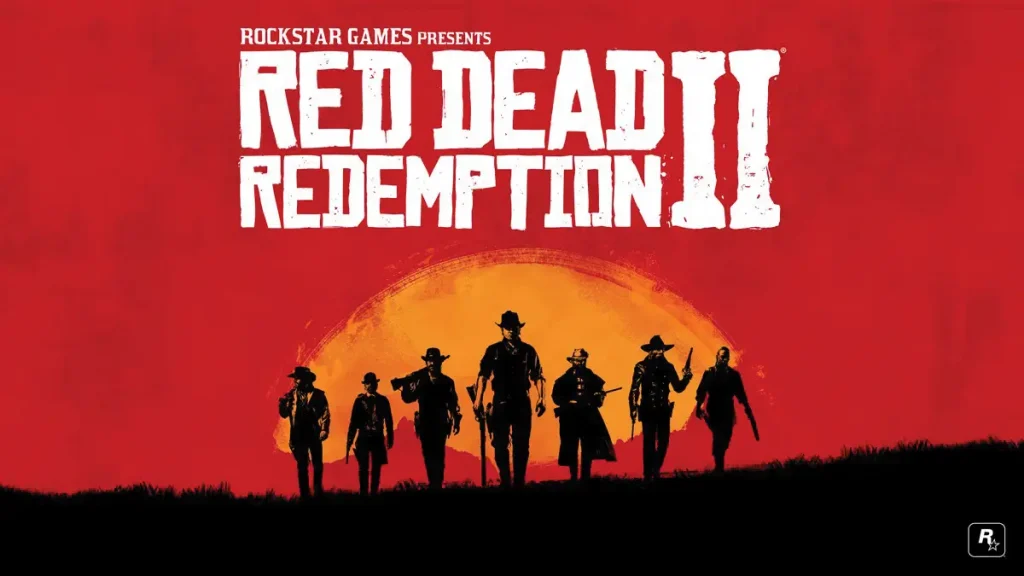
It also engaged students who had not even played the game.
“I am not a video game person, nor have I ever played a single minute of Red Dead Redemption,” said Brandon Wilhoit, a 2023 political science alumnus who took the class in fall 2022. “But the approach Olsson took was incredibly unique, and something I wanted to be a part of. It is a master class on storytelling and how to keep the engagement of college students for an entire 75-minute-long class.”
Olsson’s book Red Dead’s History: A Video Game, An Obsession, and America’s Violent Past was released in August, hitting No. 1 in two categories on Amazon. Clark even signed on to narrate the audiobook edition.
The book examines how well the games fare as re-creations of history, exploring the real violence and political turbulence between 1870 and 1920, and what can be learned to understand contemporary American culture.
The book follows a similar format to Olsson’s class, looking at different geographic regions and key thematic topics within each. In “The West,” Olsson discusses cowboys, railroads, and the Pinkerton agency. In “The Deep South,” he looks at the history of the Ku Klux Klan, chain gangs, and women’s suffrage.
“What really motivated me to write Red Dead’s History was my burning desire to get serious history into the hands of people who might not otherwise pick it up,” said Olsson. “We’re a nation desperately in need of honest conversation about our shared past—the good, the bad, and the ugly. Unfortunately, political divisions too often fracture our ability to have those debates. But the video gaming community remains one of the most ideologically heterogenous spaces in the nation. And I hope that Red Dead’s History might speak to a wide swath of that community, harnessing the emotional bond so many millions feel for the Red Dead Redemption games—and in doing so, cast light on some of the darkest corners of American history.”
The book is already attracting national attention. Olsson and Clark spoke and signed copies of the book and the game during this summer’s San Diego Comic-Con, one of the largest annual popular-culture events in the world.
The Wall Street Journal reviewed Red Dead’s History on the front of its book section, calling the book “innovative and highly engaging.” The Chronicle of Higher Education shared the story of how the class and the book “made history cool again.”
The cable news channel C-SPAN sent a camera crew to Olsson’s book launch event on August 15 at the East Tennessee History Center in Knoxville, which included the premiere of the documentary Shooting for an A: Video Games and Education, made by students in the School of Journalism and Media’s Land Grant Films.
By Randall Brown
